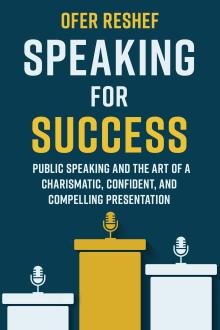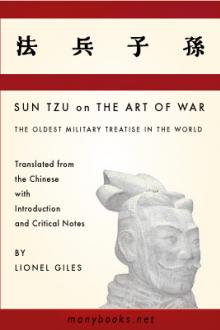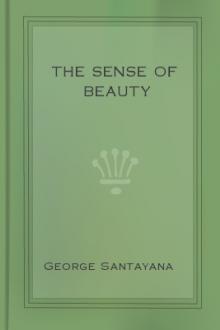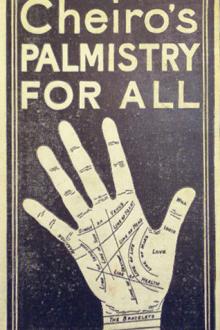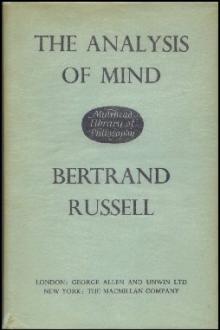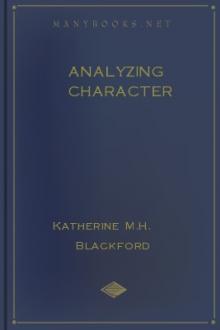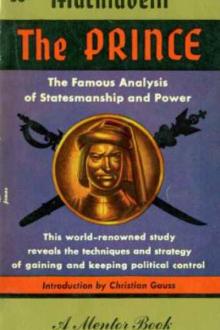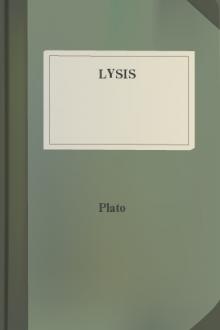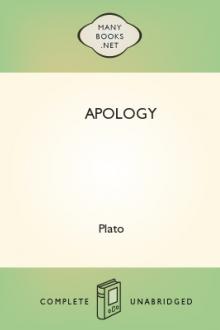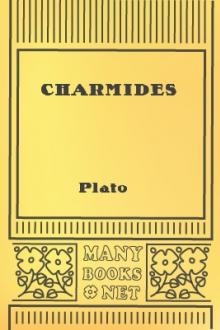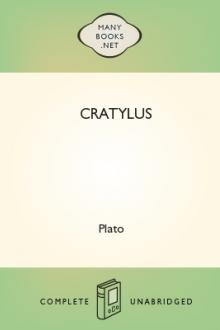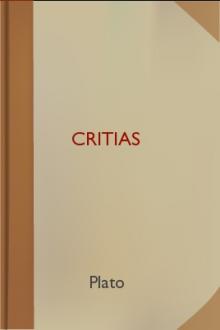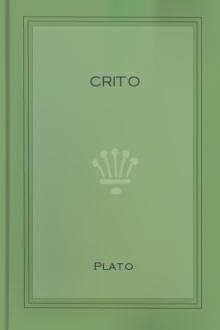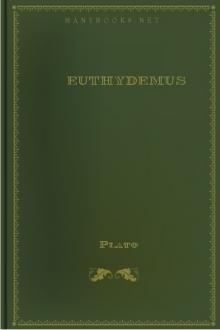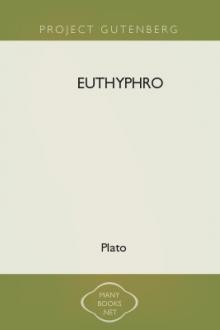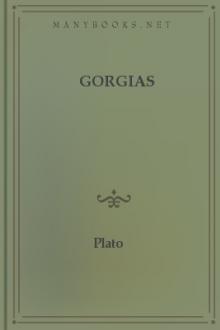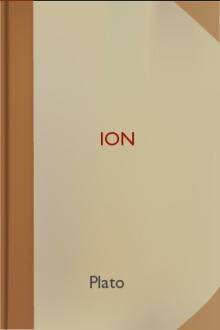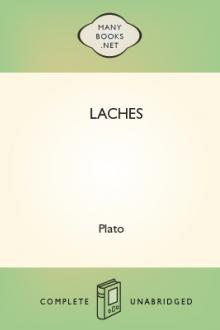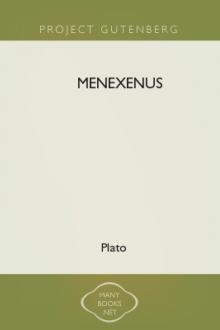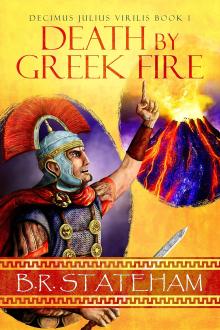Meno
Meno
This Dialogue begins abruptly with a question of Meno, who asks, 'whether virtue can be taught.' Socrates replies that he does not as yet know what virtue is, and has never known anyone who did. Translated by by Benjamin Jowett
Book Excerpt
ther of body or mind, must be under the direction of knowledge. Upon the assumption just made, then, virtue is teachable. But where are the teachers? There are none to be found. This is extremely discouraging. Virtue is no sooner discovered to be teachable, than the discovery follows that it is not taught. Virtue, therefore, is and is not teachable.
In this dilemma an appeal is made to Anytus, a respectable and well-to-do citizen of the old school, and a family friend of Meno, who happens to be present. He is asked 'whether Meno shall go to the Sophists and be taught.' The suggestion throws him into a rage. 'To whom, then, shall Meno go?' asks Socrates. To any Athenian gentleman--to the great Athenian statesmen of past times. Socrates replies here, as elsewhere (Laches, Prot.), that Themistocles, Pericles, and other great men, had sons to whom they would surely, if they could have done so, have imparted their own political wisdom; but no one ever heard that these sons of theirs were remarkable for anyt
FREE EBOOKS AND DEALS
(view all)Popular books in Philosophy
Readers reviews
0.0
LoginSign up
Be the first to review this book
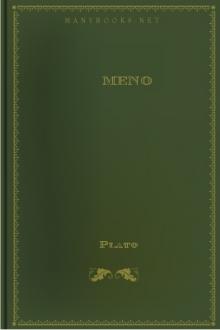
 Free Download
Free Download
